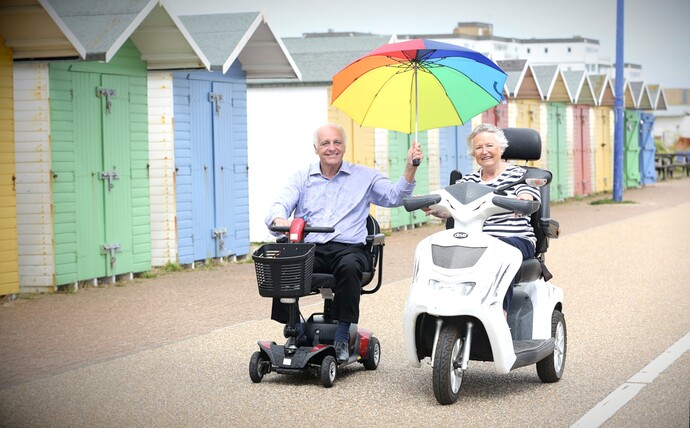Steam-powered car aims for speed record
April 2, 2009


The latest British-designed vehicle produces very little pollution or noise, but it does not have an electric, hydrogen or hybrid engine; the car instead relies on 2,000-year-old technology in a bid to break a speed record of 204.3kmph (127.7mph) set in 1906.
Petrol vs Steam
The British Steam Car Challenge team is not claiming to have designed a practical alternative to the average runabout – its vehicle takes eight minutes to start, weighs three tonnes and needs a parachute to help it to stop, but during the early days of the car steam was a popular alternative to petrol-powered vehicles.

Before the introduction of the starter motor, internal combustion engines could be tricky and dangerous to get going and they were not superior to steam cars in terms of performance, range, fuel economy and emissions.
Is steam power green?
Steam engines can be made to run very efficiently and can be powered by all manner of fuels – the source of heat can range from wood or coal burners to solar, nuclear or geothermal energy.
The British steam challenge car uses liquid petroleum gas in its burners. While such a hydrocarbon-fuelled external combustion engine produces CO2, the process can be more tightly controlled and the production of CO significantly reduced. And, since external combustion engines can operate efficiently at much lower peak temperatures and pressures, the production of NOx compounds is virtually eliminated.
Is steam the power of the future?
If the starter motor had not been invented, we might have spent the last 100 years developing steam technology instead of the internal combustion engine, but apart from a few prototype cars based on steam technology that use liquid nitrogen to replace the need for burners and steam, most car manufacturers are focussed on hybrid and fuel cell designs.
What is the ETA?
The ETA is an organisation providing motorists and cyclists with carbon-neutral breakdown cover and insurance products. As well as encouraging responsible driving to reduce carbon, the ETA campaigns for sustainable transport.


Information correct at time of publication.







